21 may be the new 18
February 17, 2020
Turning 18 is a moment in life that many teenagers consider to be pivotal to their future. It is the beginning of adulthood, of new freedoms and possibilities and along with it, new responsibilities. It is the age that most young people part ways with childhood, and flock towards a new beginning; whether that is heading off to college, getting a full time job or simply moving out the house. Culturally, society has made this coming-of-age a real big deal. The question, though, still stands: what does it really mean to turn 18?
“Among 18- to 29-year-olds, voter turnout went from 20 percent in 2014 to 36 percent in 2018, the largest percentage point increase for any age group — a 79 percent jump,” as reported by the United States Census Bureau in 2018.
Senior Jordan Schmidt is considerably young in comparison to her graduating class. With a birthday in Sept. 2002, she will be one of the last of her peers to turn 18. This fact does not bother her, though she is incredibly eager for her birthday to finally arrive for a multitude of reasons.
“I won’t have to like directly follow orders, or I can do like whatever I want essentially, like…if I wanted to get a car I could sign for it myself and it’d be under my own name,” Schmidt explained. “I can legally move out at 18 and my parents have nothing to say about that.”
Leaving home is one of the most critical aspects that come to mind when it comes to becoming an adult. It can be found in just about any work of literature or film centered around a coming-of-age tale. Everyone knows it; it is a phenomenon that has existed for decades, succeeding generations of media and pop culture; that of the cliché angsty teen who just cannot wait to become an adult and get their taste of independence in the real world. For many, turning 18 symbolizes true freedom.
“For me, it symbolizes independence… like, you’re finally you’re own person, an adult. You don’t have to be your parent’s little baby anymore, you know?” Schmidt said.
Senior Cory Smith is on the opposite end of the spectrum. In contrast to Schmidt, he is one of the oldest in his graduating class. Smith turned 18 on July 26, and came into his senior year of high school as a legal adult. In his opinion, being 18 “doesn’t mean that much” to him as it might to the next person.
“I mean, I’m a legal adult, but I’m still in high school. It doesn’t feel any different really,” Smith explained.
How laws affect the future of adulthood
With the privileges of adulthood also comes the weight of responsibilities and consequences. At 18, someone like Smith can be drafted into the military, yet despite this, will not be able to drink or smoke until the age of 21. This is a heavy controversy in the debate of what truly defines adulthood. Some believe the idea that if one is old enough to be live alone, pay income tax, or be sent to war and serve in combat, then they should be able to make those personal decisions for themselves. Others believe that such decisions are not truly critical to adulthood.
“It definitely changes the impact of being 18, like you’re an adult, you’re legally an adult, but you can’t do all of the adult things. So you’re like… half an adult
— Smith
Smith mentioned if someone is not able to make those personal decisions at 18, then things like the draft should also be raised to 21. This solution seems to be a healthy middle ground when it comes to the debate of what young adults can and cannot do.
From an adult perspective
No one knows the struggles of a teenager quite as well as a teenager themselves, but the same can be said about adults. Who knows better about adulthood than someone who has spent a considerable amount of time in the adult world, after all.
Counselor Jennifer Prestegaard has been working with high school students for 18 years, and specializes in helping students make the transition into the adult world. To Prestegaard, adulthood is more than just a numerical age.
“I just don’t know that I believe that there’s an exact age for that. I mean there are a lot of 40 year olds that don’t necessarily act in adult way, necessarily. I don’t know that you can pick a date, necessarily, that’s why it’s so difficult,” Prestegaard said.
For some people, adult responsibilities come at a much earlier age. For others the responsibilities of adulthood do not set in until a lot later in life. In the end, turning 18 is not really the be all end all when it comes to being ready for adulthood. Everyone is different.
“There’s some kids that become adults, so to speak, when they’re 10, you know? Jumping on life experiences. If they’ve had to raise themselves. Or they’re more involved in making money for the family and that kind of thing. So I don’t know, I don’t think you can pick. I mean, the government could pick an age to become an adult, but I think it’s really when you want to face it,” Prestegaard explained.
In the end, the complexities of turning 18 are not so black and white. The experience can take on a million different meanings, and hold different levels of significance for every individual. Some people are ready at 18, while some people are not. It is a deep dive into a swimming pool of new experiences for everyone, and everyone has to go through it eventually. Turning 18 brings a lot of promising opportunities and decisions to be made, and for some, those choices can be hard to make. To those who dont know what to do at 18, Prestegaard offered one piece of advice.
“Buy a plane ticket,” Prestegaard said. “What happens when you’re an adult is your world expands, and in my opinion the best way to expand it is hop on a plane.”



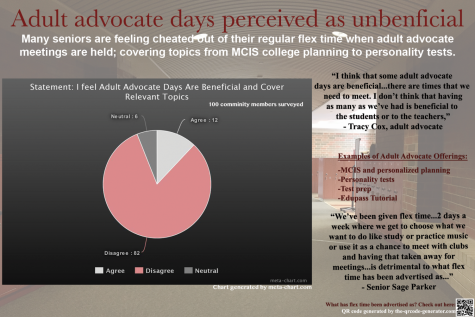


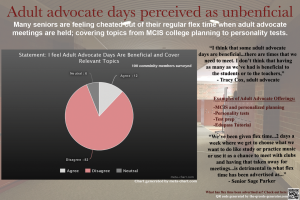



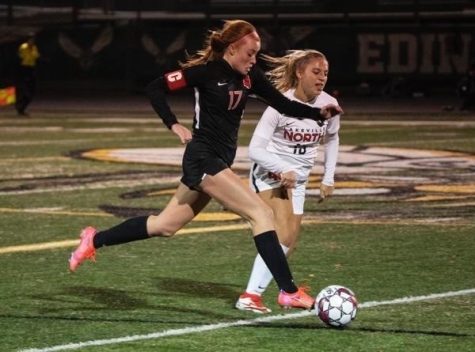
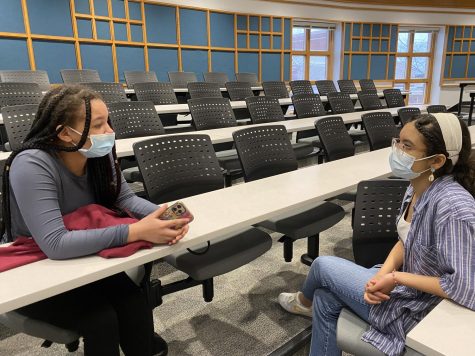



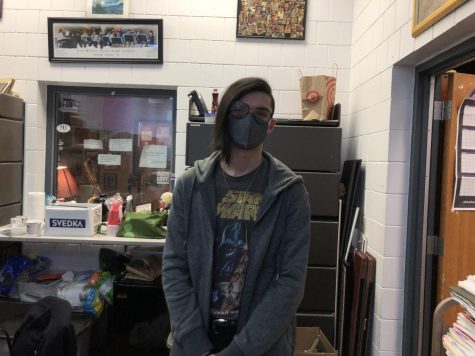
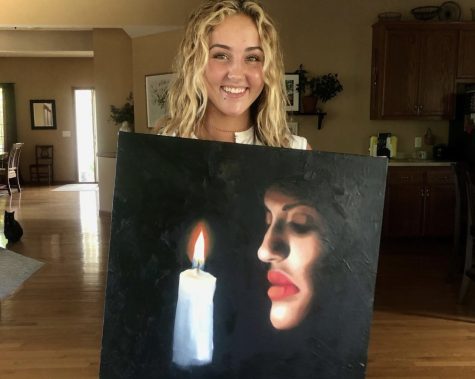


Allison Benning • Mar 12, 2020 at 9:52 am
This article was great, and it was a very interesting topic. I liked how you got so many different opinions, one who is an older senior, one who is a younger senior, and a school counselor. I also thought you had many great facts which helped me understand the situation better. However, my favorite part of the article was the end. I loved how you somewhat “offered advice” at the end, and I loved the quote that was used. Awesome job!
Adam Guinee • Mar 5, 2020 at 8:26 am
I really like this article. The way the facts and quotes were put together were well done and made the story easy and digestible yet entertaining at the same time. My only complaint would be that the title was kind of confusing and not in a way that drew me in.
Maria Supan • Mar 4, 2020 at 9:08 am
I love al the of these facts!!! I love how the quotes interact with the facts and create a great flow!! I also really enjoyed how you created sections like from the adults perspective.